Top 10 cultural events in 2013
- By Zhou Jing
 0 Comment(s)
0 Comment(s) Print
Print E-mail China.org.cn, December 30, 2013
E-mail China.org.cn, December 30, 2013
|
|
Editor's note:
There were many important cultural events in 2013. Some were art industry landmarks; some reminded people of long-forgotten traditional culture; others encouraged artistic young people to pursue their dreams. Here we present our top 10 cultural events in 2013 and wish you a brilliant new year in 2014.
|
|
Writer, scholar and historian Yi Zhongtian became well-known after he appeared on CCTV-10's Lecture Room program to talk about the history of the Three Kingdoms period (220-280). On May 2, 2013, he announced that he would spend five to eight years to write 36 books on Chinese history. This news was the subject of controversy. His fans said they couldn't wait to read new works; others questioned the academic quality of his work. |
|
|
The State Administration of Cultural Heritage announced on March 15 that restrictions on artworks created by famous artists who passed away after 1949 being shipped overseas. The restrictions were said to strengthen the protection of artworks by famous modern artists and prevent the loss of precious Chinese artworks. It remains to be seen whether this is a practical measure. Insiders fear that the policy could negatively affect arts markets at home and abroad. |
|
|
The Hanzi Dictation Competition was held this summer to preserve and promote traditional Chinese characters. The televised contest showed that promoting traditional culture through popular entertainment could be deeper and more profound than many people thought possible. There have been fears about the demise of written Chinese because people tend to use keyboards to input characters instead of hand-writing them. Awareness of the problem has increased and many people and organizations are devising solutions. |
|
|
The 2013 China's 60 Richest Writers List was released on Dec. 5 by publishing observer Wu Huaiyao and the Western China Metropolis Daily in Chengdu, Sichuan Province. The controversial list has become an indicator of the reading trends in China. This year, writers of online literature, children's books, serious literature, and celebrity writers earned the most. Jiang Nan was the highest paid author, earning 25.5 million yuan (about US$4.2 million) in royalties from Nov. 2012 to Nov. 2013. Wu started the publishing annual list in 2006 and has been criticized for associating authors with wealth, but he insists that writers are respectable and deserve better lives because of the works they've created. |
|
|
In December, China's Zhusuan was nominated by the United Nations Educational, Scientific and Cultural Organization (UNESCO) as a World Intangible Cultural Heritage. Zhusuan, or the knowledge and practice of arithmetic calculation using an abacus, has a history of more than 1,800 years. For centuries, the abacus was a major calculating device. Abacus lessons were compulsory in primary schools until the 1990s and later became an optional subject. |
|
|
Renowned art business and fine art auction house Christie's entered the Chinese mainland in April. Its debut auction was held on Sep. 26 in Shanghai and demonstrated its long-term strategy for the Chinese mainland: promoting Western art to Chinese buyers and contemporary Chinese art to the world. The auction presented Christie's best-selling categories: Post-war & Contemporary Art and Impressionism & Modern Art, showcasing the works of Andy Warhol, Alexander Calder and Pablo Picasso. Works in the two categories accounted for eight of Christie's top 10 lots in the first half of this year. |
|
|
As of Dec. 8, the Chinese mainland box office has reached an annual record total of 20 billion yuan (about US$3.29 billion), an increase of 34.63 percent from the same period of last year. The mainland has become the world's second largest film market after the United States. Typically, domestic movies have not been as attractive to audiences as overseas productions. But the combination of some of the most advanced technology in the world and original Chinese stories has made Chinese films more competitive. Domestic movies accumulated a box office total of 11.12 billion yuan this year, accounting for 55.52 percent of the overall total. |
|
|
The Ministry of Education released a draft reform plan on Dec. 6 for gaokao, the national college entrance examination, stating that English will not be a gaokao test subject in the future. Instead, students can take English tests more than once each year and only the highest score will be counted. Chinese, Mathematics, English are the most important three courses for the secondary education. In recent years, there has been a great deal of debate about whether a foreign language should be prioritized as highly as Chinese. |
|
|
Hunan TV's reality show "Dad! Where are we going?" has generated quite a buzz since its first episode aired on Oct. 11. Audiences witness the progress of five children as they travel around China with their fathers. The five dads and their children have become national icons, causing audiences to ponder and discuss the role of fathers in education and relationships with their children. |
|
Acclaimed film director Zhang Yimou admitted in a statement on Dec. 1 through his studio's Weibo account that he violated China's one-child policy and said he is willing to cooperate with the investigation against him. In May, online reports surfaced that Zhang had at least seven children and could be liable for a 160 million yuan (US$26 million) fine. While Zhang will likely be fined, the central government recently said that it would allow couples to have a second child if one of the parents is an only child; this was the government's most significant relaxation of its population control system in nearly three decades. |

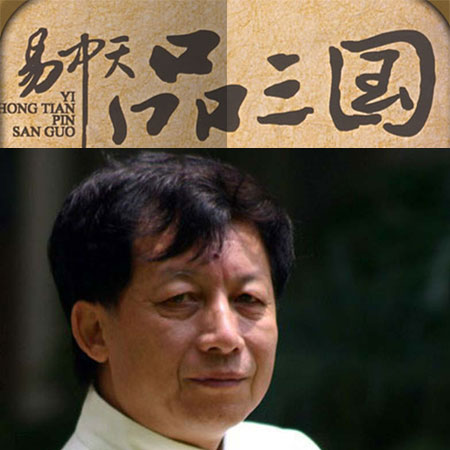
 Yi Zhongtian's history-writing plans
Yi Zhongtian's history-writing plans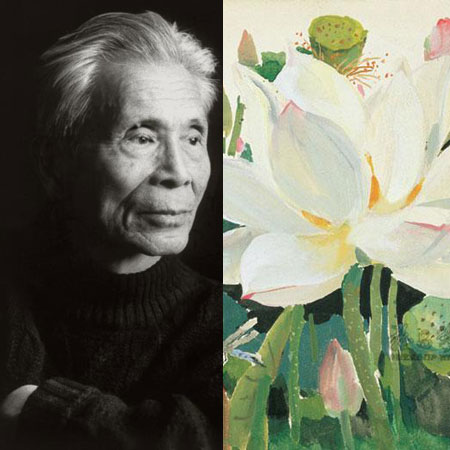
 Late famous artists' work restricted to go overseas
Late famous artists' work restricted to go overseas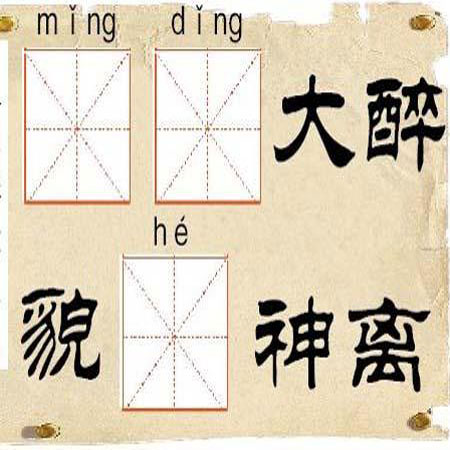
 Hanzi Dictation Competition held to popularize traditional culture
Hanzi Dictation Competition held to popularize traditional culture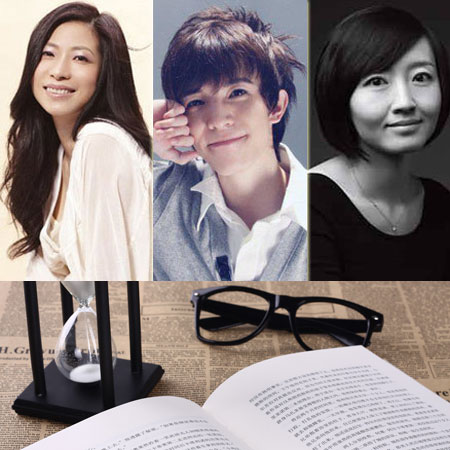
 2013 China's 60 Richest Writers List released
2013 China's 60 Richest Writers List released
 Abacus nominated for World Intangible Cultural Heritage
Abacus nominated for World Intangible Cultural Heritage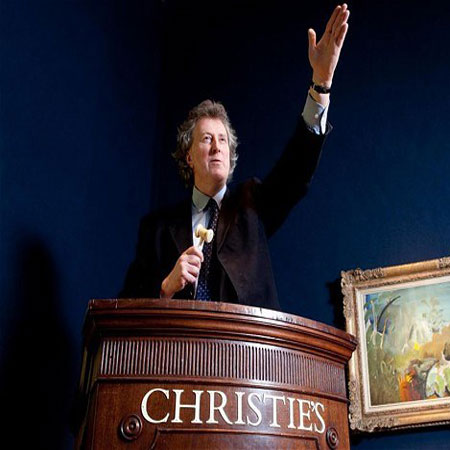
 Christie's approved to enter Chinese market
Christie's approved to enter Chinese market
 Mainland box office highlighted with 20 billion yuan earning
Mainland box office highlighted with 20 billion yuan earning
 English removed from national college entrance exam
English removed from national college entrance exam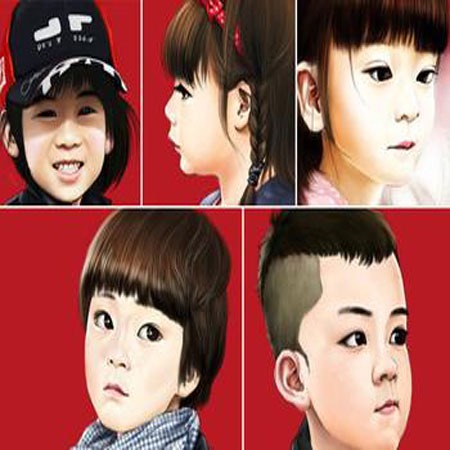
 "Dad! Where are we going?" provokes debate on education
"Dad! Where are we going?" provokes debate on education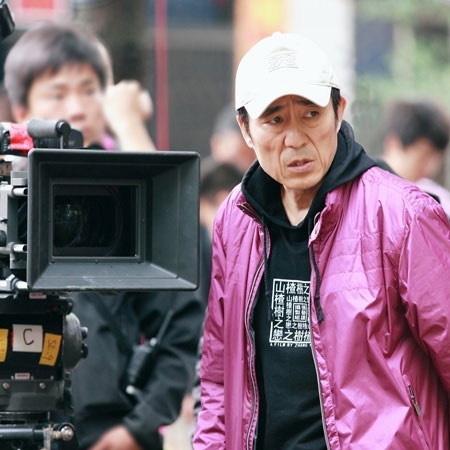
 Zhang Yimou confesses to one-child policy breach
Zhang Yimou confesses to one-child policy breach




Go to Forum >>0 Comment(s)